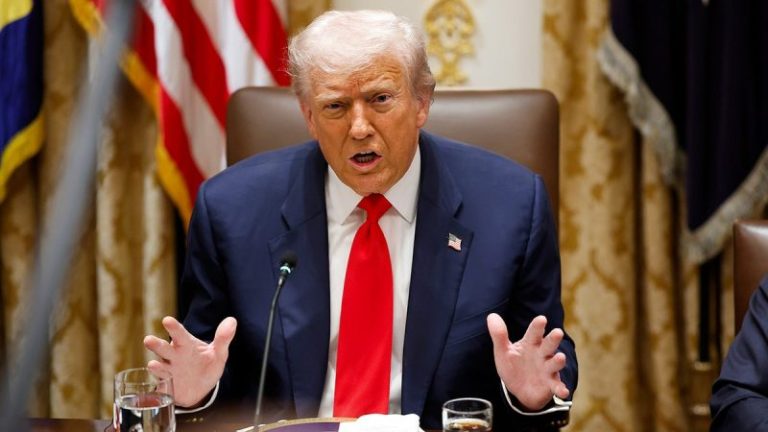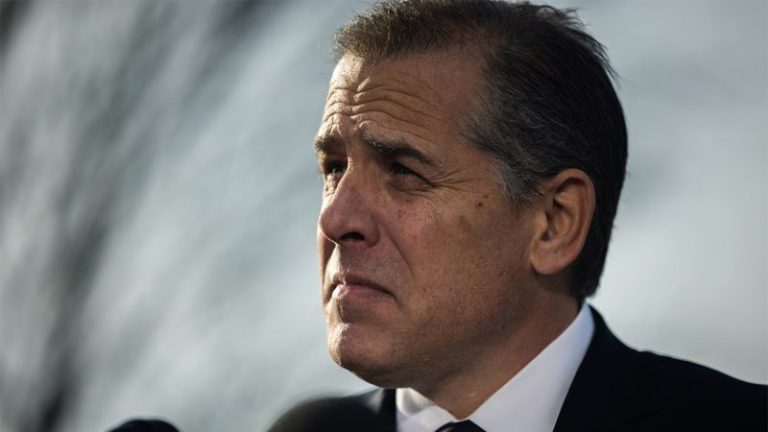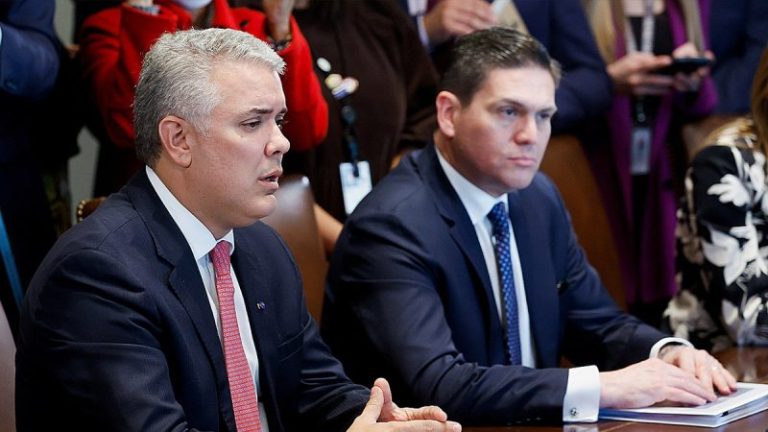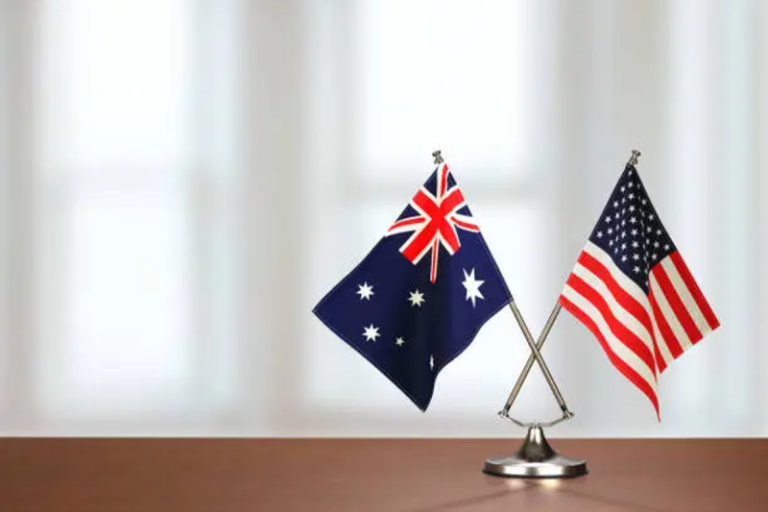Torchlight Innovations Inc. (TSXV: TLX.P) (‘Torchlight’ or ‘the Company’), doing business as RZOLV Technologies, is pleased to announce positive preliminary results from its metallurgical testing program focused on rare earth and critical mineral leaching using its proprietary RZOLV reagent system.
Modern economies are increasingly dependent on a broad suite of critical minerals and rare earth elements—including lithium, cobalt, nickel, praseodymium, tellurium, gallium, scandium, and others—that are essential to clean energy, advanced electronics, battery storage, and defense technologies.
According to the International Energy Agency (IEA), these minerals are ‘crucial to the performance of batteries, permanent magnets, and other clean energy technologies.’ The U.S. Department of Energy (DOE) similarly notes that critical minerals ‘are vital for a wide range of industries, including clean energy and defense,’ powering systems such as solar panels, wind turbines, and electric vehicle batteries. As traditional high-grade deposits become harder to access, attention is shifting toward secondary and unconventional sources such as tailings, mine waste, low-grade ores, brines, and industrial by-products. (Sources: https://www.iea.org/topics/critical-minerals| https://www.energy.gov/fecm/articles/developing-domestic-supply-critical-minerals-and-materials)
In this emerging landscape, a reagent like RZOLV, capable of dissolving over twenty such elements, represents a potentially transformative advancement in sustainable mineral recovery.
Key Highlights
- Multi-Element Recovery: RZOLV dissolved over 25 critical and rare earth elements under mild, non-toxic conditions, with standout recoveries of cerium (73%), manganese (64%), and cobalt (60%).
- REE and Base Metal Versatility: Consistent recoveries (40-45%) for mid-series rare earths such as samarium, europium, and gadolinium demonstrate RZOLV’s broad leaching capability across both transition and lanthanide elements, validating its cross-commodity potential.
- Proven Chemistry: The reagent’s redox-complex system mobilizes metals without cyanide or harsh acids, enabling clean, efficient extraction.
- Cross-Commodity Flexibility: Consistent recoveries across both base and rare earth elements confirm broad market potential.
- Proven Compatibility: Leach solutions integrate easily with standard ion-exchange and solvent-extraction systems for scalable downstream recovery.
- Compatibility with Standard Hydrometallurgy: RZOLV leach solutions are compatible with ion-exchange (IX) and solvent-extraction (SX) systems, providing efficient and selective pathways for downstream metal recovery and purification.
- Sustainable Advantage: Operates at ambient temperature and low pH-lowering environmental risk, reducing cost, and unlocking value from tailings and low-grade sources.
Multi-Element Leachability Assessment of Critical and Rare Earth Samples Using the RZOLV Reagent System
Overview
Laboratory metallurgical investigations were undertaken to evaluate the leachability of multiple metallic and rare earth elements (REEs) from mineralized feedstocks obtained from two U.S.-based mining projects. The objective of this program was to assess the broader metal-solubilization potential of the RZOLV lixiviant system and to characterize its selectivity and efficiency across a diverse elemental suite.
Testing was performed using the standard RZOLV formulation without process optimization or reagent adjustment. As such, future results may vary depending on feed composition, mineralogy, and site-specific conditions.
Methodology
Representative composite samples were subjected to a series of bottle-roll leaching tests under controlled laboratory conditions. Each test employed the proprietary RZOLV non-cyanide leach reagent under standardized parameters designed to simulate low-intensity, ambient-temperature leaching environments.
Tests were conducted in sealed 1-liter HDPE vessels agitated continuously for 72 hours to ensure uniform contact between solids and solution. Post-leach solids (tails) were separated by vacuum filtration and washed thoroughly with deionized water to remove entrained solution. Pregnant leach solutions (PLS) were analyzed by Atomic Absorption Spectrometry, while head and residue samples were submitted to ALS Laboratories, an ISO-accredited analytical facility, for 61-element inductively coupled plasma-mass spectrometry (ICP-MS) analysis. Elemental recoveries to solution were calculated by mass balance, comparing head and residue assays for each element to quantify percentage dissolution.
Results and Discussion
The following table summarizes the unoptimized relative solubility of key metals and rare earth elements under the test conditions. Head and residue MS-ICP assays were compared to determine recovery to solution.
| ELEMENT NAME |
ELEMENT SYMBOL |
NET RECOVERY |
| BERYLLIUM |
Be |
(%) |
| CERIUM |
Ce |
73.50% |
| MANGANESE |
Mn |
64.26% |
| COBALT |
Co |
60.00% |
| CHROMIUM |
Cr |
47.35% |
| GADOLINIUM |
Gd |
45.00% |
| SAMARIUM |
Sm |
44.12% |
| YTTRIUM |
Y |
43.55% |
| EUROPIUM |
Eu |
43.48% |
| NEODYMIUM |
Nd |
43.48% |
| TERBIUM |
Tb1 |
42.86% |
| DYSPROSIUM |
Dy |
42.81% |
| PRASEODYMIUM |
Pr |
42.25% |
| LANTHANUM |
La |
40.74% |
| HOLMIUM |
Ho |
40.30% |
| ERBIUM |
Er |
38.10% |
| NICKEL |
Ni |
36.36% |
| VANADIUM |
V |
33.33% |
| LUTETIUM |
Lu |
33.33% |
| THULIUM |
Tm |
31.43% |
| URANIUM |
U |
27.59% |
| TELLURIUM |
Te |
27.34% |
| BERYLLIUM |
Be |
26.24% |
| INDIUM |
In |
23.53% |
| YTTERBIUM |
Yb |
22.58% |
| SCANDIUM |
Sc |
16.96% |
Interpretation
The results confirm that the RZOLV system promotes substantial solubilization of rare-earth elements, particularly cerium (73%), manganese (64%), and cobalt (50%), validating its oxidative and complexation capacity under mild acidic conditions.
Mid-series lanthanides (Sm, Eu, Gd) achieved recoveries of 40-45 %, consistent with partial liberation from refractory oxide or phosphate phases.
Lower recoveries of niobium (18%), scandium (17%), and lithium (23%) reflect incorporation within stable mineral matrices (e.g., columbite-tantalite, zircon, or silicate lattices) that require stronger oxidative or thermal activation for efficient leaching.
Recovery of Metallic and Rare Earth Elements from RZOLV Leach Solutions
Following the successful leaching of multiple metallic and rare earth elements (REEs) using the RZOLV lixiviant system, downstream recovery methods were considered to determine viable pathways for selective metal capture, concentration, and purification. The focus of this stage of investigation was to assess the suitability of ion exchange (IX) and solvent extraction (SX) systems for recovering valuable metals and REEs from pregnant leach solutions (PLS) generated under standard RZOLV leach conditions.
The RZOLV reagent produces a low-pH, moderately oxidizing solution characterized by high solubility for transition metals and trivalent rare-earth species. This chemistry aligns well with conventional hydrometallurgical separation methods, provided resin or extractant compatibility is maintained under the mildly acidic matrix.
Preliminary evaluations indicate that ion exchange and solvent extraction could be highly effective downstream recovery methods for RZOLV-derived leach solutions. Ion exchange offers rapid, high-capacity capture of base and rare-earth metals, while solvent extraction provides refined selectivity for high-purity product separation. Both methods are compatible with RZOLV’s low-toxicity matrix, enabling environmentally responsible and economically viable metal recovery.
Environmental and Process Implications
The multi-element solubilization profile underscores the potential of RZOLV as a selective and environmentally benign lixiviant for both precious-metal and critical-mineral recovery.
The reagent’s design eliminates the need for cyanide, chloride, or nitrate oxidants—minimizing hazardous effluents—while its regenerative electrochemical cycle enables near-closed-loop operation. Because RZOLV functions under mild aqueous conditions, without extreme temperatures, concentrated acids, or high-pressure systems, it offers a flexible and energy-efficient pathway for extracting critical minerals from complex matrices.
This adaptability allows deployment in diverse applications including ores, tailings, slag, low-grade stockpiles, flotation residues, concentrates, and industrial waste streams, with minimal process re-engineering. Closed-loop regeneration further reduces reagent consumption and operating costs, improving economic viability even for dilute or low-grade sources.
Key Benefits
- Unlocking latent value: Enables recovery of valuable elements from waste or tailings, converting liabilities into revenue streams.
- Reduced environmental footprint: Operates at ambient conditions with non-toxic reagents, reducing chemical hazards and remediation needs.
- Cross-commodity flexibility: Capable of dissolving over twenty critical minerals, adaptable to multiple feed types and market shifts.
- Support for circular economy and resource security: Facilitates domestic recovery of critical minerals and aligns with global sustainability objectives.
Conclusions
Bottle-roll test results and ICP-MS analyses confirm that RZOLV promotes significant dissolution across multiple elemental groups through synergistic redox-complexation chemistry. High recoveries of Ce, Mn, and Co highlight its oxidative power, while consistent REE mobilization demonstrates its capacity for complex formation under mild conditions. The results validate RZOLV as a versatile, low toxicity lixiviant for both precious and critical mineral extraction. Ongoing research is focused on refining reagent concentration, pH, and electrochemical regeneration to further enhance recovery efficiencies for refractory elements.
This research is preliminary in nature. Assay results are based on head/tails ICP-MS performed by ALS Labs. Test materials have been subjected to the standard RZOLV formula with no reagent optimization. Results will vary based on minerology and this data provides no guarantee of future success or economic viability.
About Torchlight Innovations Inc. (doing business as RZOLV Technologies)
Torchlight Innovations is a clean-technology company with a mission to transform the global mining industry through safer, sustainable, and high-performance extraction technologies. The Company has developed RZOLV, a proprietary non-toxic, water-based hydrometallurgical formula that replaces cyanide in gold leaching.
While cyanide has been the industry standard for over a century, its toxicity has led to widespread environmental concerns, costly permitting, and outright bans in several jurisdictions. RZOLV offers equivalent recovery efficiency and cost performance with a non-toxic, reusable, and environmentally responsible profile.
The Company is currently focused on validating its technology through industrial-scale pilot programs, after which full commercialization and licensing activities will begin. The Company has safeguarded RZOLV through 2 international patent filings and a comprehensive intellectual-property framework that includes protection for its chemical formulation, regeneration processes, and specific applications in heap leaching, vat leaching, tank leaching and concentrate treatment.
Contact
Duane Nelson
President and CEO
Torchlight Innovations Inc.
Email: duane@innovationmining.com
Phone: 604-512-8118
Neither TSX Venture Exchange nor its Regulation Services Provider (as that term is defined in the policies of the TSX Venture Exchange) accepts responsibility for the adequacy or accuracy of this release.
Forward-Looking Statements
This News Release contains ‘forward-looking information’ and ‘forward-looking statements’ within the meaning of applicable Canadian and United States securities legislation. Statements contained herein that are not based on historical or current fact, including without limitation statements containing the words ‘anticipates,’ ‘believes,’ ‘may,’ ‘continues,’ ‘estimates,’ ‘expects,’ and ‘will’ and words of similar import, constitute ‘forward-looking statements’ within the meaning of the U.S. Private Securities Litigation Reform Act of 1995. Forward-looking information may include, but is not limited to, information with respect to our Research and Development activities Wherever possible, words such as ‘plans’, ‘expects’, ‘projects’, ‘assumes’, ‘budget’, ‘strategy’, ‘scheduled’, ‘estimates’, ‘forecasts’, ‘anticipates’, ‘believes’, ‘intends’, ‘targets’ and similar expressions or statements that certain actions, events or results ‘may’, ‘could’, ‘would’, ‘might’ or ‘will’ be taken, occur or be achieved, or the negative forms of any of these terms and similar expressions, have been used to identify forward-looking statements and information. Statements concerning future revenue or earnings estimates may also be deemed to constitute forward-looking information. Any statements that express or involve discussions with respect to predictions, expectations, beliefs, plans, projections, objectives, assumptions or future events or performance are not statements of historical fact and may be forward-looking information. Forward-looking information is subject to a variety of known and unknown risks, uncertainties and other factors that could cause actual events or results to differ from those expressed or implied by the forward-looking information. Forward-looking information is based on the expectations and opinions of the Company’s management on the date the statements are made. The assumptions used in the preparation of such statements, although considered reasonable at the time of preparation, may prove to be imprecise. We do not assume any obligation to update forward-looking information, whether as a result of new information, future events or otherwise, other than as required by applicable law. For the reasons set forth above, prospective investors should not place undue reliance on forward-looking information.
Source
This post appeared first on investingnews.com









